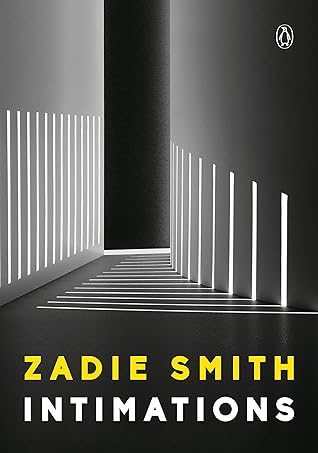More on this book
Community
Kindle Notes & Highlights
But I did come out with two invaluable intimations. Talking to yourself can be useful. And writing means being overheard.
But out in the field, experience has no chapter headings or paragraph breaks or ellipses in which to catch your breath . . . it just keeps coming at you.
But no one in 1945 wished to return to the “old life,” to return to 1939—except to resurrect the dead. Disaster demanded a new dawn. Only new thinking can lead to a new dawn.
Churchill (who actually fulfilled his wartime role) learned the hard way that even when the people follow you into war, and even when they agree you’ve had a “good” war, this does not necessarily mean they want to return to the “old life,” or be led by you into the new one.
War transforms its participants. What was once necessary appears inessential; what was taken for granted, unappreciated and abused now reveals itself to be central to our existence. Strange inversions proliferate.
The something that artists have always done is more usually cordoned off from the rest of society, and by mutual agreement this space is considered a sort of charming but basically useless playpen, in which adults get to behave like children—making up stories and drawing pictures and so on—though at least they provide some form of pleasure to serious people, doing actual jobs.
The people sometimes demand change. They almost never demand art.
Instead, in the first week I found out how much of my old life was about hiding from life.
Love is not something to do, but something to be experienced, and something to go through—that must be why it frightens so many of us and why we so often approach it indirectly.
But above all these: playing. The tales of adult women who still know how to play with children—these should be honored. Collected in a history book, like Vasari’s Lives of the Artists. Instead, their grandchildren remember.
That I was an oldest child, with all the shameful obliviousness that implies.


